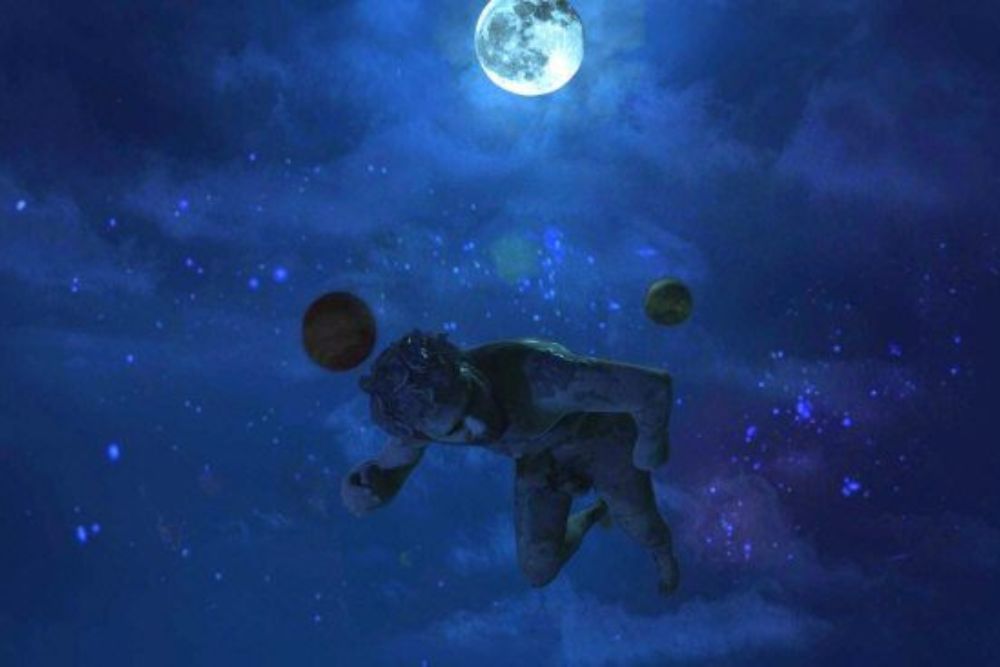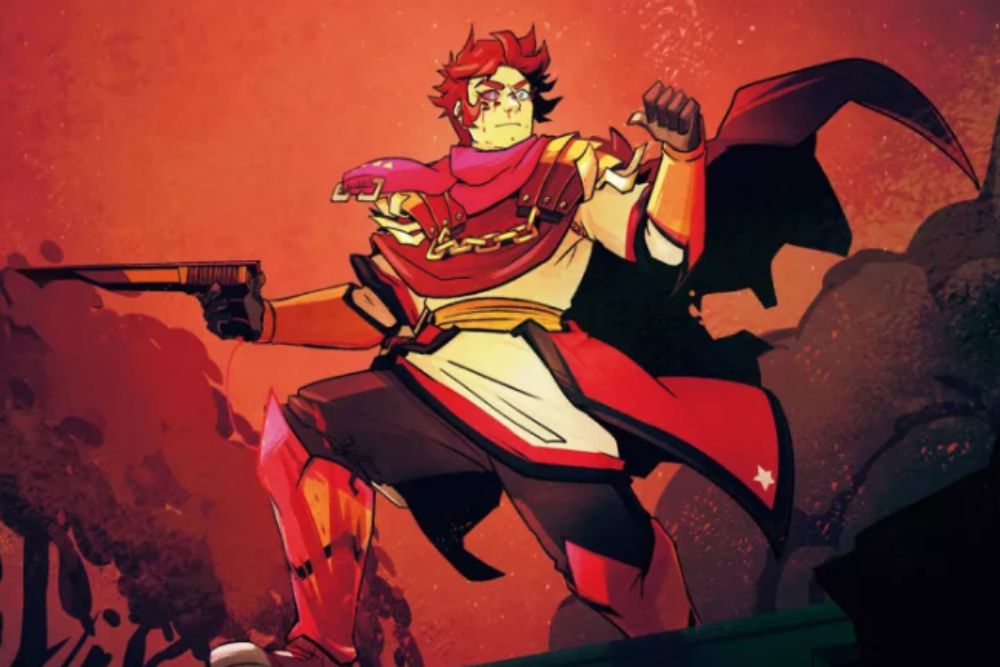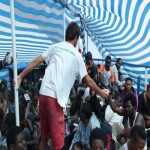It is possible to make your film...
Anyone who has tried to make a short film knows the great
work and amount of money that involves developing a quality film. Anyone who
has tried to develop a feature film then knows that in Brazil, even with so
many edicts,
incentive laws and crowdfunding, the chances of making the film
work (and get a certain profit) are very small.
But the people of the production company Filmes para
Bailar did not let themselves be discouraged and is performing the long Delusions
of a Cinemaniac. The film was based on the autobiographical script
by filmmaker José de Oliveira, from São Carlos, SP, and in 90 minutes will
address his life, in a narrative of memories that mixes fiction and reality.
The director and producer of the film, Felipe Leal Barquete, told us a little
more about the project: "The film is officially a classic fiction, in the
best Hollywood style, although one of the phases of the character's life is
played by José de Oliveira himself, at the age of 80. Therefore, the film
explores this frontier between fiction and documentary, with the purpose of
revealing the human being that exists beyond the numerous manifestations of his
personality, which in the film is exposed by his reinvented memories".
The film has been in production since 2009 and the team
already had more than 60% of the footage when they decided to put it on the
crowdfunding site Catarse to
collect the rest for completion. In less than two months on the air, the
project managed to reach its goal and raised more than R $ 17 thousand,
offering cool counterparts such as DVD, poster, storyboard of
the film and vacancies in workshop.
At the moment, the film is being assembled and the
counterparts being produced to be released together, but the
Delusions of a Cinemaniac already
has an official website, a teaser and a
trailer, which you can check below: All this was possible from people donating R $ 30, and
the film already has plans to be shown in more than 1,200 cineclubs in
Brazil, national and international festivals, as well as being made
available for free
download on the Internet.
But the site didn't just serve to fund the project.
Barquete explains that the established network is also fundamental: "With
the project in the air, we affirm an entrepreneurial attitude of presenting the
work to friends, family, partners, companies, etc., in order to capture the
resources needed to achieve our goal. These efforts were valid for a broader
strategy of audience support, since social media expanded the dissemination
of work to a universe hitherto unexplored by the film, reaching people from
various social circles."
The same thing happened with the animation The Messenger of the Galaxy, project
funded through the site SIBITE. The initial idea was to make a series in
rotoscopy for the web, "a science fiction telling the story of a being
found in the orbit of the Moon by two astronauts," according to André
Migueis, director of the film. What is rotoscopy? An animation that is made
after filming, as in the film The Double Man, by Richard
Linklater, for example.
The project was launched together with the site, and in
addition to getting more than the R $ 10 thousand needed to make the pilot episode,
the directors found partnerships with Guepardo Productions, which provided the
equipment and the editing islands, and with Tibet Film, which provided the
studio for the recordings, all with the mediation of the site. And that made
the project fly.
The filmmakers already have the script of 12 chapters of
half an hour and the pilot episode was presented to a cable TV station, which
is negotiating a partnership. Everything was so right that Migueis' plan is to
put a new project on the site, to raise more funds to continue the series.
And he encourages people to use the system: "I think
crowdfunding is a democratic phenomenon, part of this
principle of network communication, that's the future. What sets Sibite apart
is that they seek to increase the connection of projects with companies. A
beautiful initiative that for our creative group worked very well."
Barquete completes the tip: "The key to creation is within us. So write a
project, and you'll find networks that vibrate in your frequency, and that can
support your work, so that it comes to fruition. The strategy is very
important. Enter the site, observe your logic, search, chat with people!"
... And
Facebook can help!
As we quoted in the previous edition, if you have a
smaller project, or prefer to have more autonomy for your collection, you can
set up your project from your own Facebook account.
We talked to André Gabriel, creator of the Mobilize app, the pioneer
in transforming the social network page into a crowdfunding page, and he
explained to us how it works: "When installing the app, the person will
select the page where they want to add Mobilize. Once added, it will customize
your crowdfunding
campaign (by putting the information you want, such as video,
photos, description, and project rewards). It will also need a MoIP account which
is a secure online payment system to receive contributions
to your project. She receives the money on the spot in her MoIP account, with
each contribution."
According to the data provided by Gabriel, in less than
two months of circulation mobilize, almost 400 people have already installed
the application, and 170 projects are already in the air. The advantages of
this system are clear, in addition to a great autonomy, since you can customize
your page as you want and the money drops on time in your account, and we are
talking about the largest network of people in the world, Facebook.
But of course in this system there is no monitoring, it
is up to you to find out if the project is really cultural and if your money
will be well used. To do this, Gabriel warns that you can "poke
around" the profile of those who created the project, your friends and
what people are saying about it.
Now that you know how and that can, yes, work, just try
it. Register on the sites, take a look at the projects that interest you,
contribute, put your own project on the air and help kick a more collaborative
culture in the country.













